Major Power Relations
Your Present Location: PROGRAMS> Major Power Relations-
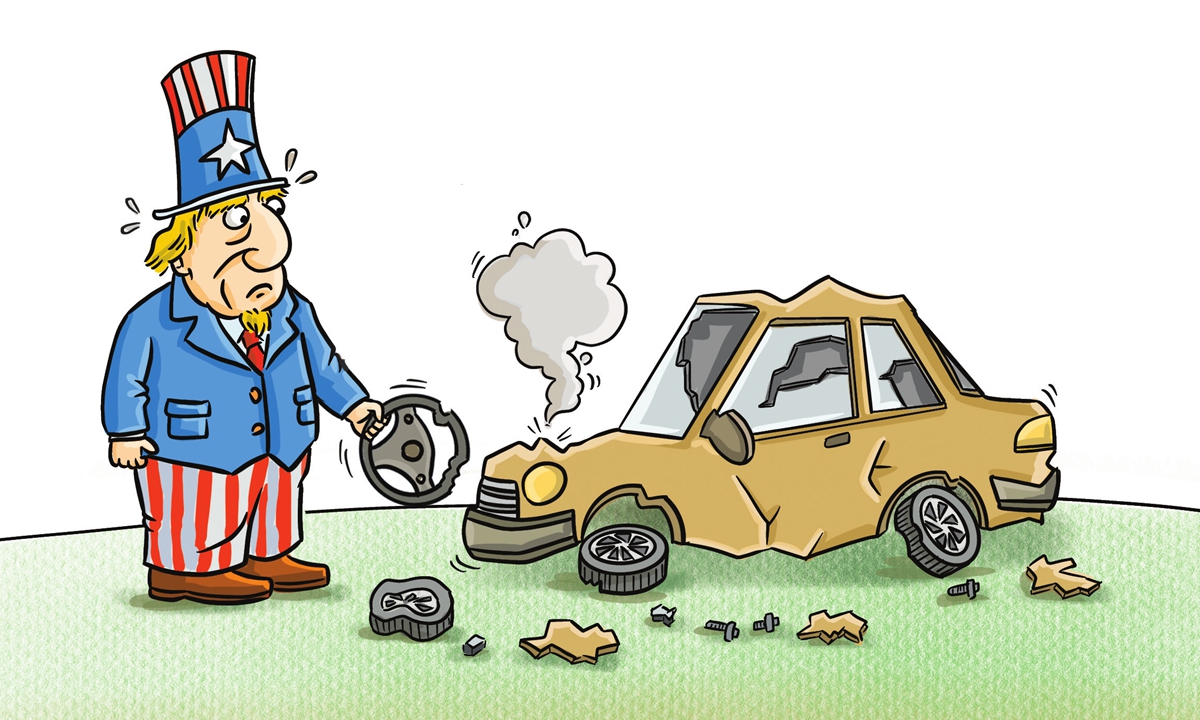
Wang Wen: US: qualitative changes, dysfunctional systems
The way in which President Donald Trump messed up the US during his four-year presidency has clearly shocked the entire world. If we take a closer look at the current qualitative changes that the US is going through, we might find that there are deeper reasons why the country's social, economic and political systems have become dysfunctional, and why nothing can be done now to repair Trump's crazy acts.
2020-12-08 -
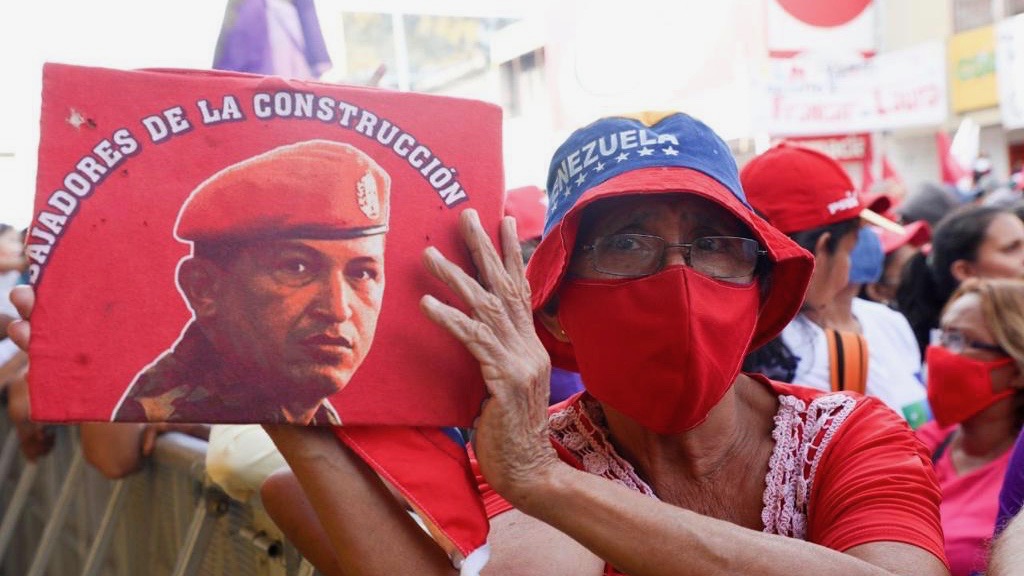
Vijay Prashad: Venezuela wins simply by holding an election
On December 6, the Venezuelan people will vote for a new National Assembly. Ordinarily, there is nothing unusual about this, nor would this be newsworthy outside Venezuela. Ever since the election of Hugo Chávez to the presidency in 1998, the Venezuelan people have been used to more than one national election each year (this legislative election is the 25th in 21 years); these have been the presidential elections, the legislative elections, and the referendums to strengthen the 1999 Constitution. On the surface, this is just another one of these elections that has served to deepen the meaning of democracy in Venezuela.
2020-12-03 -
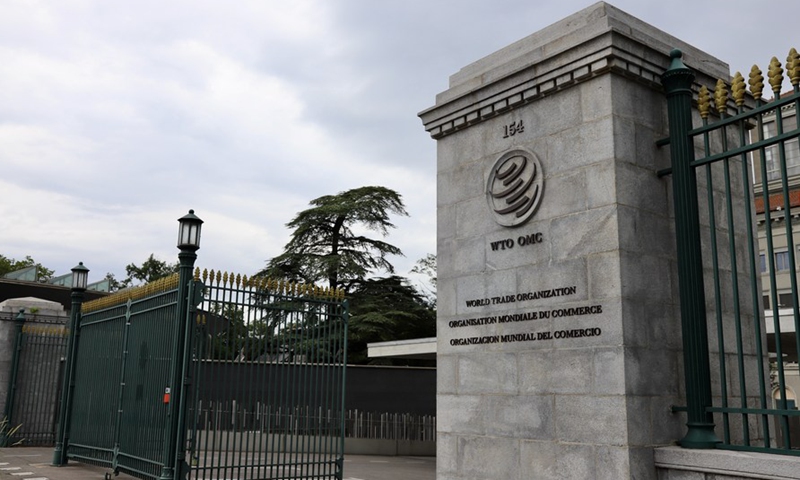
WTO's dispute resolution mechanism may resume as Biden enters White House: expert
Unlike Trump's obstruction, Biden may play a more significant role in boosting the revival of the WTO and could engage in constructive talks for a feasible solution on thorny issues such as the suspension of the Appellate Body, He Weiwen, a former senior trade official and a senior fellow of the Chongyang Institute for Financial Studies at the Renmin University of China, told the Global Times.
2020-12-03 -
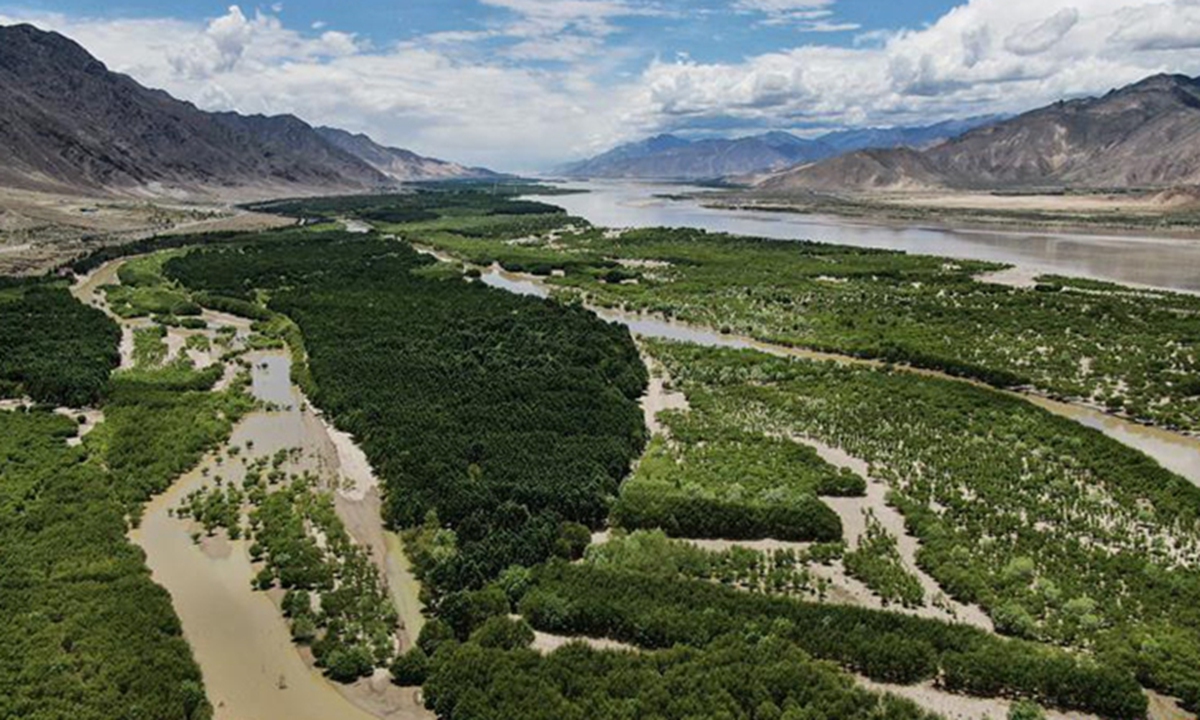
Liu Zongyi: India must give up zero-sum mentality, accept China's hydropower project
China's plan to build a large hydropower project on the Yarlung Zangbo River has raised concerns in India over "potential political and ecological threats" as the river intersects Southwest China, India and Bangladesh.
2020-12-02 -
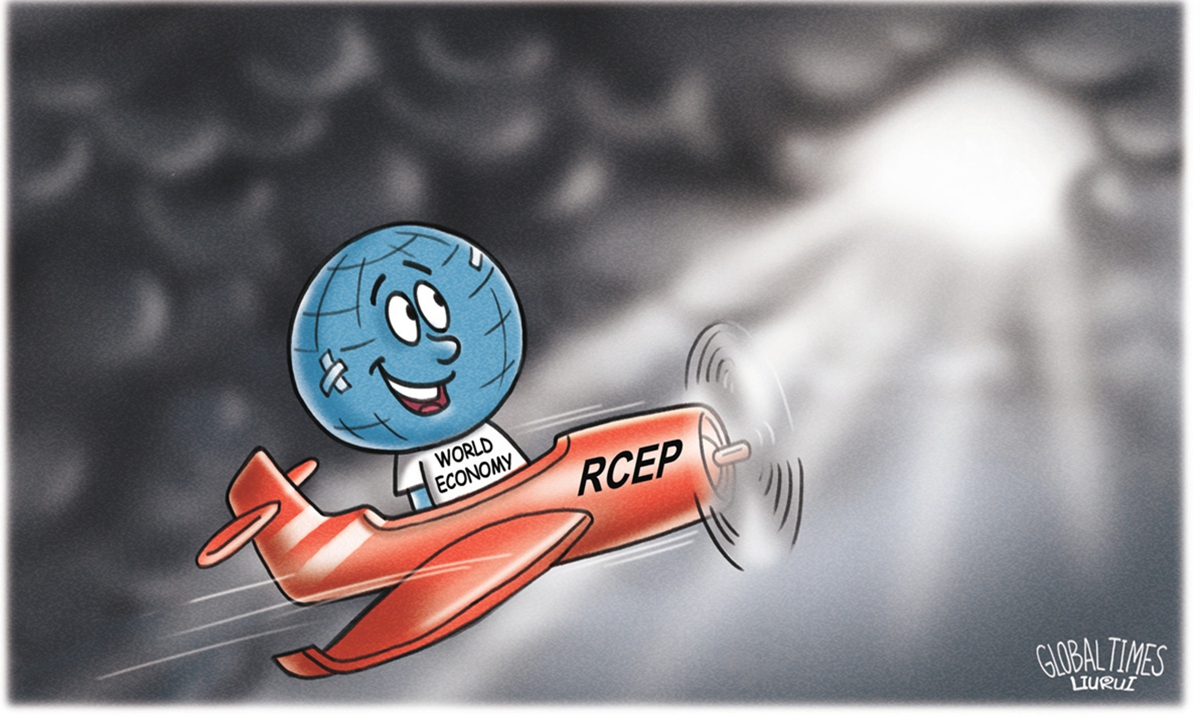
Wang Wen: Why ‘Asian Era’ will be globally embraced
The prelude of an Asian Era has begun. About 100 years ago, Japanese scholar Okakura Tenshin, Indian poet Rabindranath Tagore and Chinese scholar Liang Qichao all called for Asianism. A century has past during which numerous thinkers have conceived of Asia's rise. Now, the Asian Era is coming.
2020-11-30 -
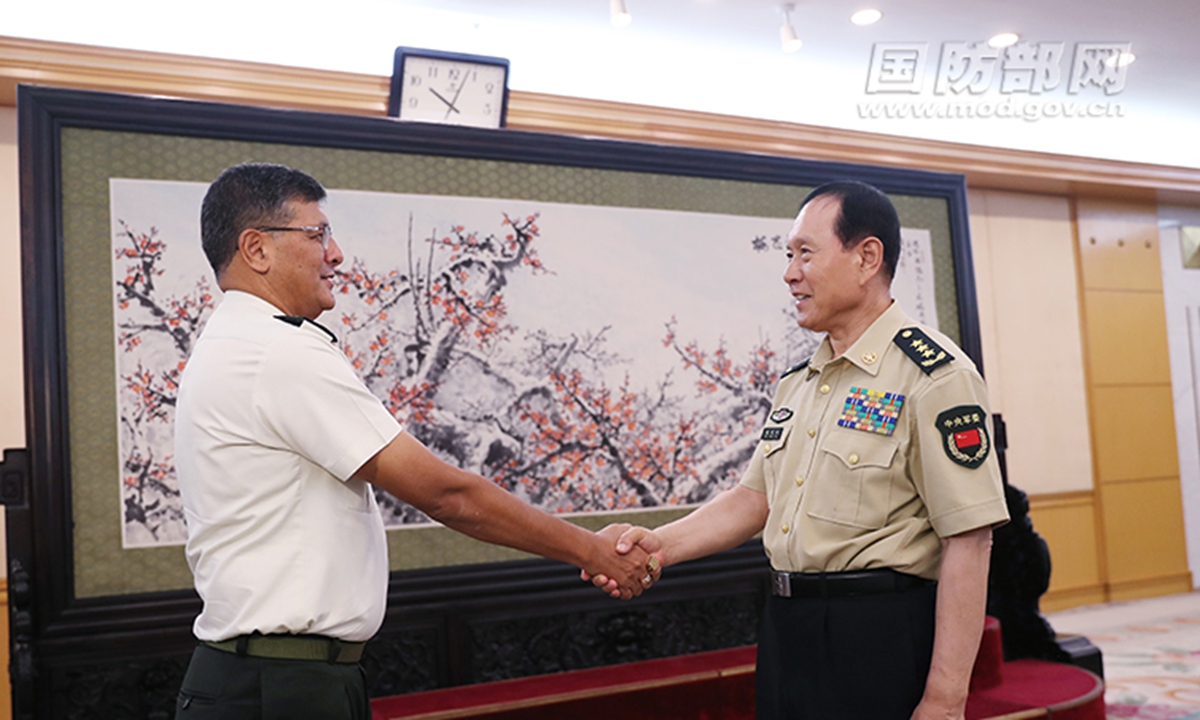
Liu Zongyi: With hegemonic mentality, India is wary of China meeting in Nepal
After Nepal Ministry of Foreign Affairs announced on Friday that Chinese State Councilor and Defense Minister Wei Fenghe will pay a one-day working visit to the country on Sunday, media speculation has mounted in India over what this tour might mean.
2020-11-30 -
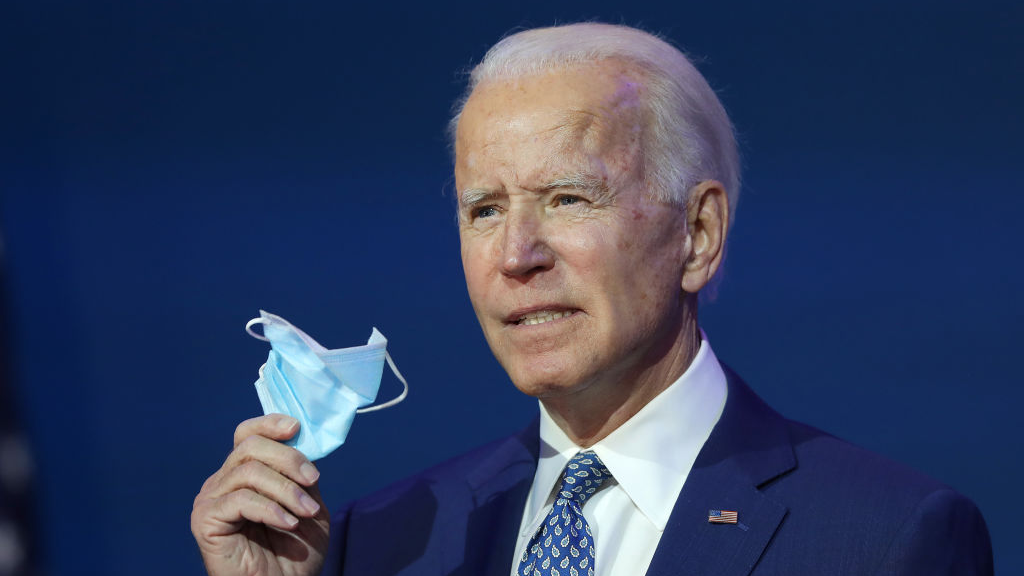
William Jones: In the U.S., can a house divided overcome the pandemic?
As the dust starts to settle over the 2020 presidential election, the United States remains a much divided country on some very fundamental issues. While the Trump campaign is still in the process of investigating election fraud in a number of states won by Joe Biden, putting him over the top in the race, it is unlikely, even if such fraud is discovered in some instances, that it will seriously affect the results.
2020-11-20 -
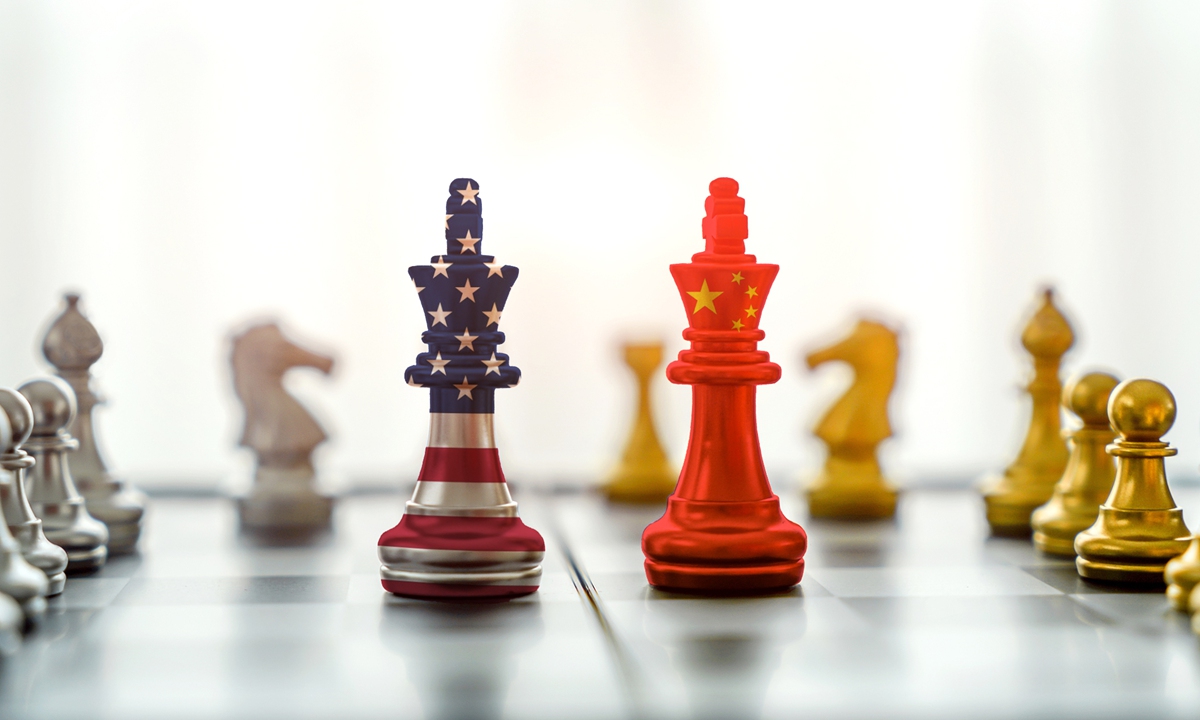
US-China: Confrontation or Cooperation?
After the U.S. election, as before it, China policy still forms a central strand of Washington’s foreign policy — and also, of political and economic affairs within the United States itself. Will the political line-up that we see in Washington next January be one that favors greater confrontation with China, or one that seeks to dial back the tensions that have arisen between the two countries in the past few years?
2020-11-19 -

Junyang Hu and Dingding Chen: How Should President-Elect Joe Biden Address the US-China Competition?
This year’s U.S. presidential election were especially dramatic. By election day on November 3, the early votes cast nationwide had reached a record-setting 99 million, around 78 percent of the total turnout from the 2016 election. Buoyed by voters’ enthusiasm amid the pandemic, Democratic nominee Joe Biden won the presidency after a vote count filled with twists and turns. Biden emerged with a substantial lead in both popular and electoral votes over President Donald Trump.
2020-11-18 -
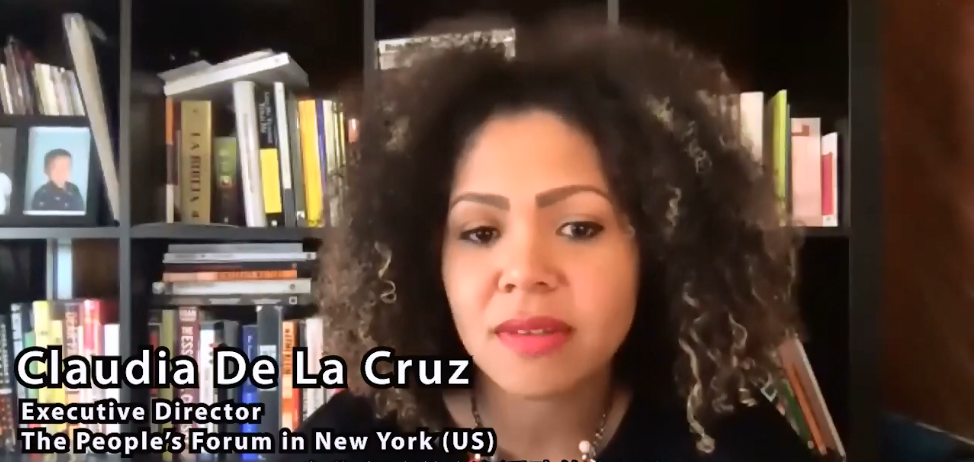
Claudia De La Cruz:The United States has brought out the deep racism,xenohobia, patriarchy, anti-democratic.
United States has brought out the deep racism,xenohobia, patriarchy, anti-democratic.
2020-11-18 -
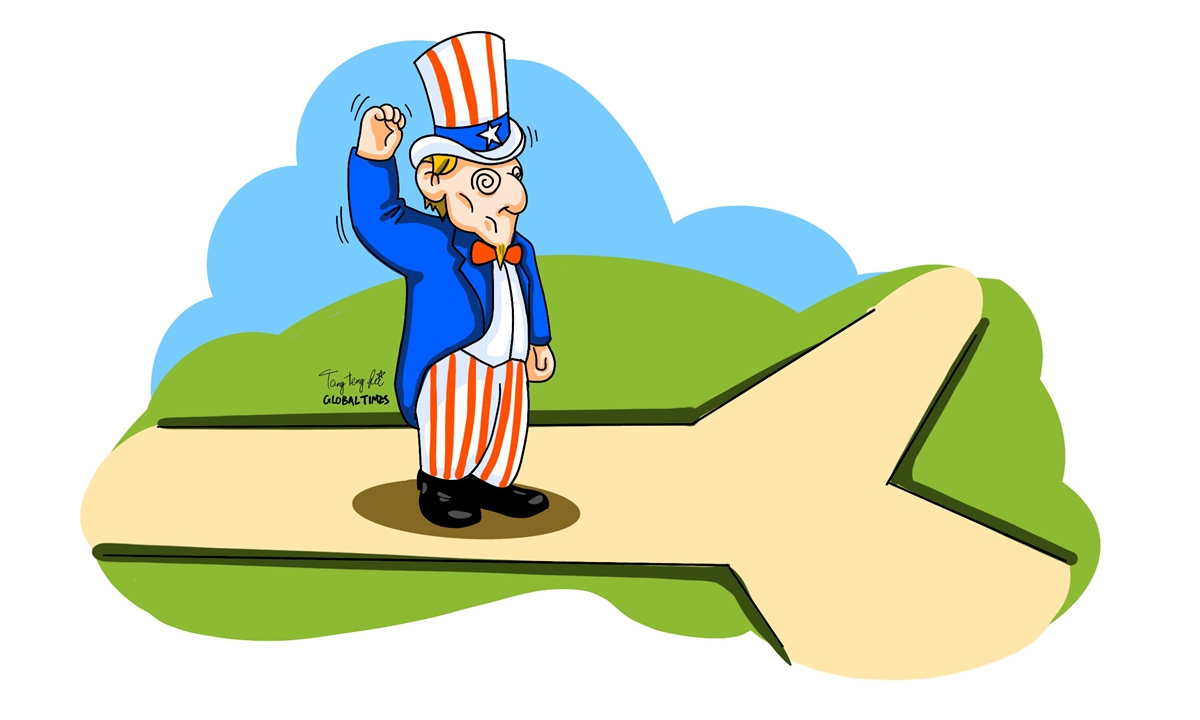
Where is the US-China economic decoupling heading?
After Joe Biden won the US election, some Chinese experts said there might be a slight release of tension in China-US relations. In the 2020 US-China Dialogue Session 2 jointly organized by the Chongyang Institute for Financial Studies at Renmin University of China (RDCY), experts shared their view on the decoupling that has been seen in recent years between China and the US, and what both sides can do to prevent the situation from deteriorating.
2020-11-18 -
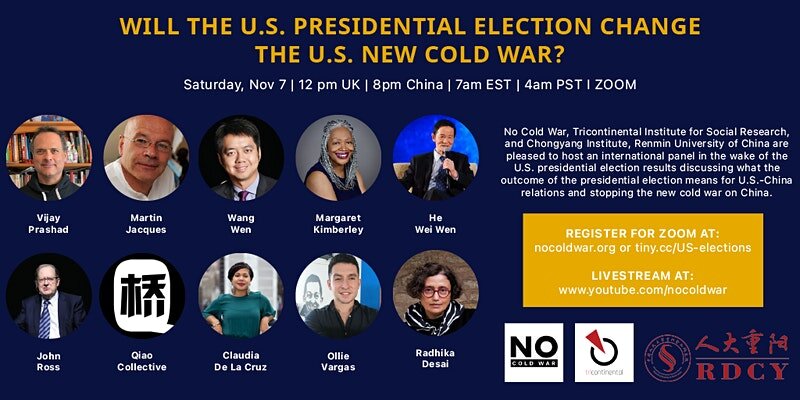
【2020-11-07】Will the US Presidential Election Change the New Cold War?
Join U.S., Chinese and other experts opposing a New Cold War who will analyze the consequences of the outcome of the U.S. presidential election. Register for this international panel here.
2020-11-04 -

William Jones: China's latest five-year plan: Restarting the world economy
As China begins to deliberate its next five-year plan, the rest of the world still finds itself in the throes of the COVID virus, indeed, perhaps entering into a new and more serious phase. This is partly due to the chronology of the virus. China was the first country affected by the coronavirus. And it acted quickly and with great vigor, and was therefore the first country to battle its way out of the danger zone. Other countries were affected somewhat later and they reacted slowly and less rigorously in spite of the example shown by China.
2020-11-04 -
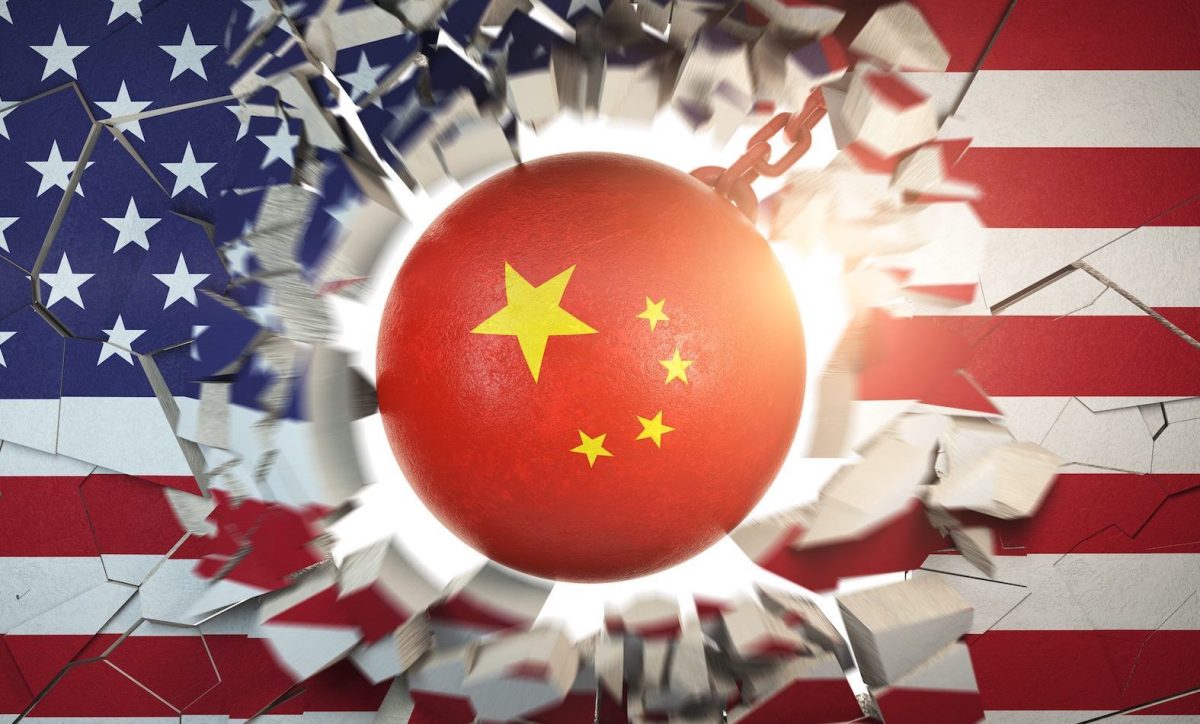
He Weiwen: Why Decoupling with China will Fail
Decoupling with China has been the flagship word of the day in Washington under the presidency of Donald Trump. The unilateral tariffs on Chinese goods imposed in 2018 and 2019 were only the initial maneuver in this direction. Since the outbreak of the coronavirus pandemic, we have seen an intensification both in words and deeds in the U.S. for ultimate decoupling with China.
2020-11-04 -
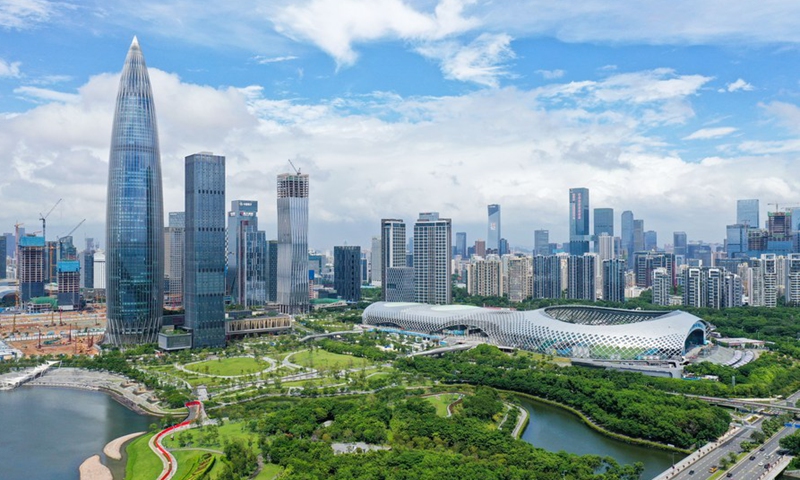
Wang Wen: Why China takes humble rejuvenation road
Putin said that China is now heading for superpower status. US billionaire hedge fund manager Ray Dalio, who spoke on the same panel with me, also talked about the future of China replacing the US. In a recent article for the Financial Times, he stated, "every day we see China succeeding in exceptional ways."
2020-10-27 -
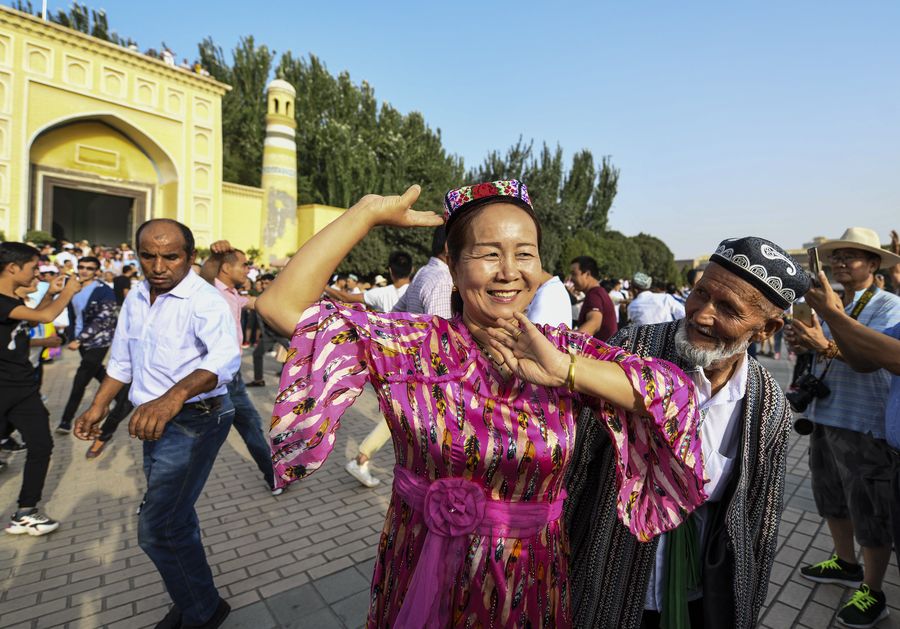
William Jones:Xinjiang 'camps' – more fake news
U.S. media outlet BuzzFeed recently released "satellite images" of large buildings being built in Xinjiang. It is not clear what entity actually took the pictures, what they are actually pictures of, or where they are located.
2020-09-02 -
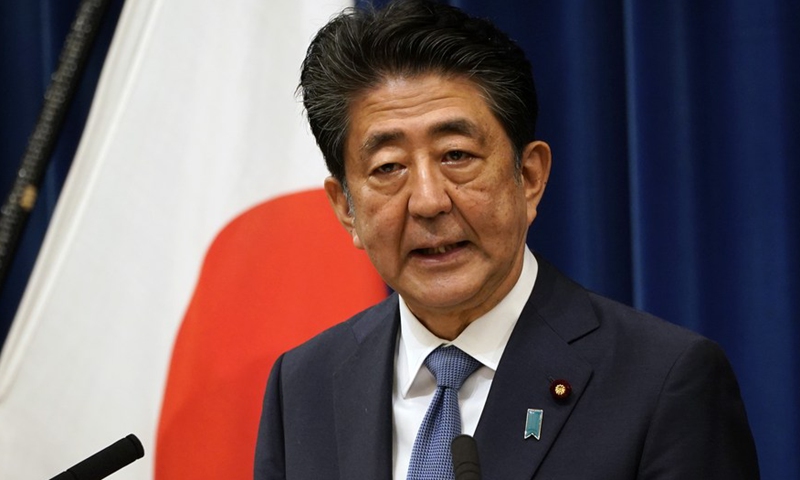
Wang Wen:Chinese view of Japanese PM shows seismic East Asia change
The resignation of Japanese Prime Minister Shinzo Abe was the biggest August 2020 news for East Asian politicians. Over the past 14 years, Abe's image has changed dramatically in Chinese people's eyes. When he became prime minister for the first time in 2006, China looked to him to ease tensions initiated by his predecessor Junichiro Koizumi. However, his visit to the Yasukuni Shrine and orders to revise history textbooks have caused deep discontent in Chinese society. To many Chinese people, he was a political clown who fell from power like a meteor.
2020-09-01 -

China and Vietnam Jointly Held a Video Seminar on the 70th Anniversary of China-Vietnam Diplomatic Relations
A webinar celebrating the 70th anniversary of China-Vietnam diplomatic relations was held on August 28, 2020, jointly held by the Embassy of the People’s Republic of China in the Socialist Republic of Vietnam, Chongyang Institute for Financial Studies, Renmin University of China (RDCY) and the Institute for Foreign Policy and Strategic Studies at Diplomatic Academy of Vietnam. Chinese Ambassador to Vietnam Xiong Bo, Assistant Vietnamese Foreign Minister Nguyen Van Thao,Vice President of Renmin University of China Wu Xiaoqiu, and representatives from both countries’ relevant departments as well as well-know scholars and experts attended this conference.
2020-09-01 -
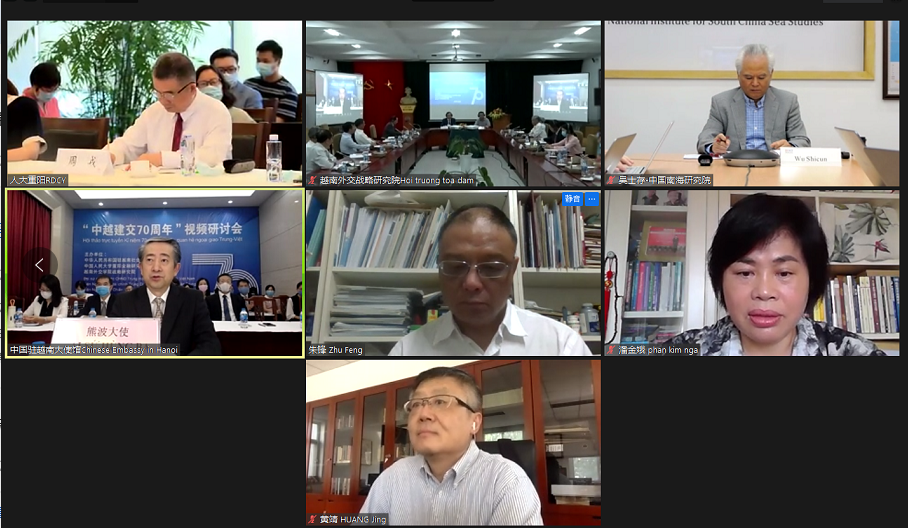
China and Vietnam Jointly Held a Video Seminar on the 70th Anniversary of China-Vietnam Diplomatic Relations
A webinar celebrating the 70th anniversary of China-Vietnam diplomatic relations was held on August 28, 2020, jointly held by the Embassy of the People’s Republic of China in the Socialist Republic of Vietnam, Chongyang Institute for Financial Studies, Renmin University of China (RDCY) and the Institute for Foreign Policy and Strategic Studies at Diplomatic Academy of Vietnam. Chinese Ambassador to Vietnam Xiong Bo, Assistant Vietnamese Foreign Minister Nguyen Van Thao,Vice President of Renmin University of China Wu Xiaoqiu, and representatives from both countries’ relevant departments as well as well-know scholars and experts attended this conference.
2020-09-01 -
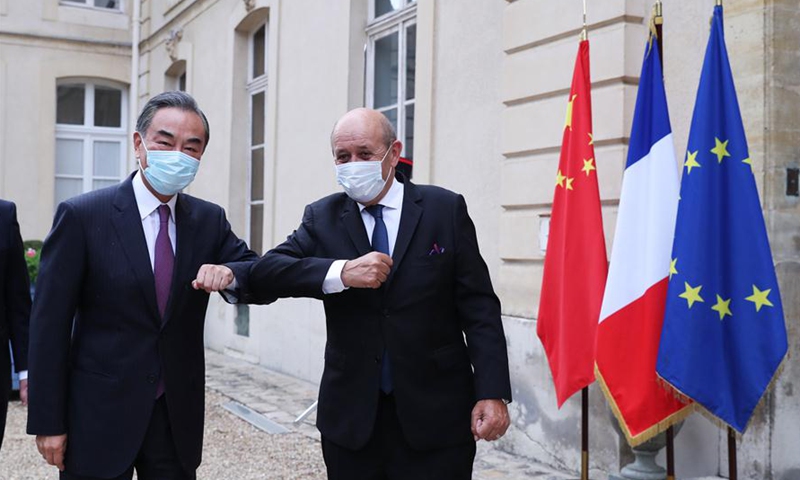
China’s diplomacy reboots offline in Europe
China's diplomacy has restarted offline from fresh meetings with European leaders. Chinese State Councilor and Foreign Minister Wang Yi is in a visit to European countries, namely Italy, the Netherlands, Norway, France and Germany. After Wang's trip, Yang Jiechi, a member of the Political Bureau of the Communist Party of China Central Committee and director of the Office of the Central Commission for Foreign Affairs, is expected to visit Portugal, Spain and Greece.
2020-08-31
























































































 京公网安备 11010802037854号
京公网安备 11010802037854号





